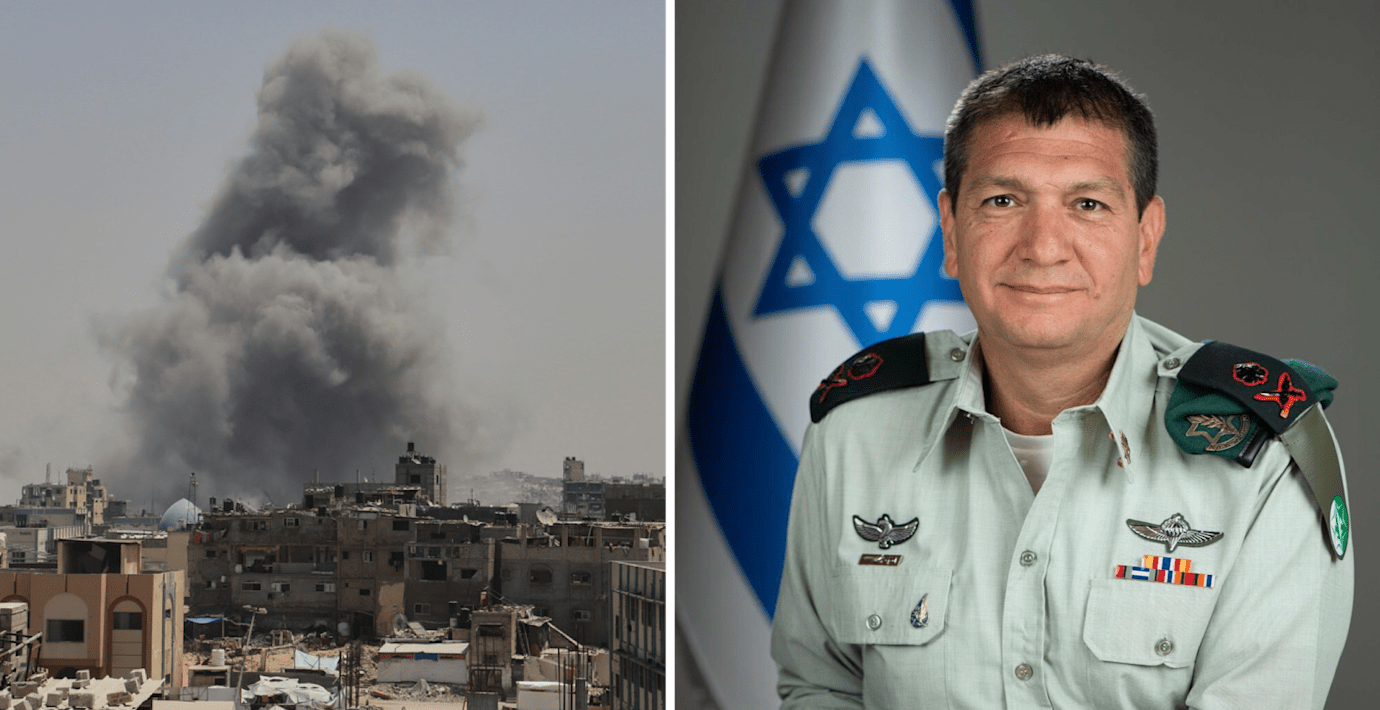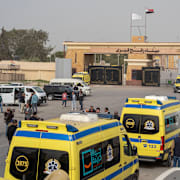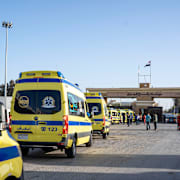Wikipedia (en)
The Nakba (Arabic: النَّكْبَة, romanized: an-Nakba, lit. 'the catastrophe') is the Israeli ethnic cleansing of Palestinian Arabs through their violent displacement and dispossession of land, property, and belongings, along with the destruction of their society and the suppression of their culture, identity, political rights, and national aspirations. The term is used to describe the events of the 1948 Palestine war in Mandatory Palestine as well as Israel's ongoing persecution and displacement of Palestinians. As a whole, it covers the fracturing of Palestinian society and the longstanding rejection of the right of return for Palestinian refugees and their descendants.
During the foundational events of the Nakba in 1948, about half of Palestine's predominantly Arab population—around 750,000 people— were expelled from their homes or made to flee through various violent means, at first by Zionist paramilitaries, and after the establishment of the State of Israel, by its military. Dozens of massacres targeted Palestinian Arabs, and over 500 Arab-majority towns, villages, and urban neighborhoods were depopulated. Many of the settlements were either completely destroyed or repopulated by Jews and given new Hebrew names. Israel employed biological warfare against Palestinians by poisoning village wells. By the end of the war, Israel controlled 78% of the land area of the former Mandatory Palestine.
The Palestinian national narrative views the Nakba as a collective trauma that defines Palestinians' national identity and political aspirations. The Israeli national narrative views the Nakba as a component of the War of Independence that established Israel's statehood and sovereignty. Israel negates or denies the atrocities it committed, claiming that many of the expelled Palestinians left willingly or that their expulsion was necessary and unavoidable. Nakba denial has been increasingly challenged since the 1970s in Israeli society, particularly by the New Historians, but the official narrative has not changed.
Palestinians observe 15 May as Nakba Day, commemorating the war's events one day after Israel's Independence Day. In 1967, after the Six-Day War, another series of Palestinian exodus occurred; this came to be known as the Naksa (lit. 'Setback'), and also has its own day, 5 June. The Nakba has greatly influenced Palestinian culture and is a foundational symbol of Palestinian national identity, together with the political cartoon character Handala, the Palestinian keffiyeh, and the Palestinian 1948 keys. Many books, songs, and poems have been written about the Nakba.




